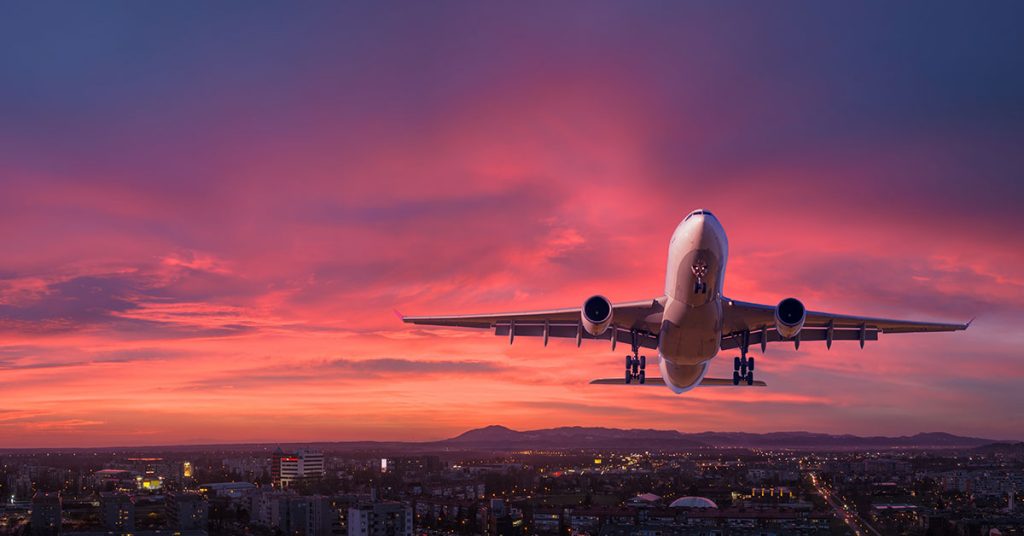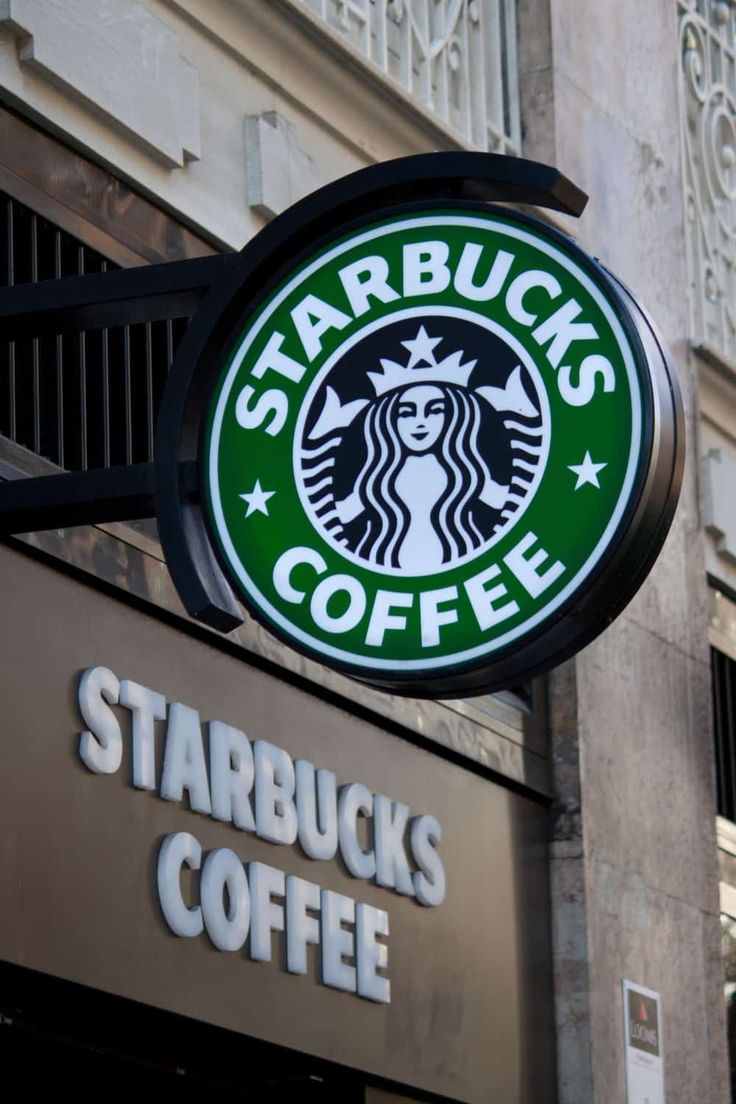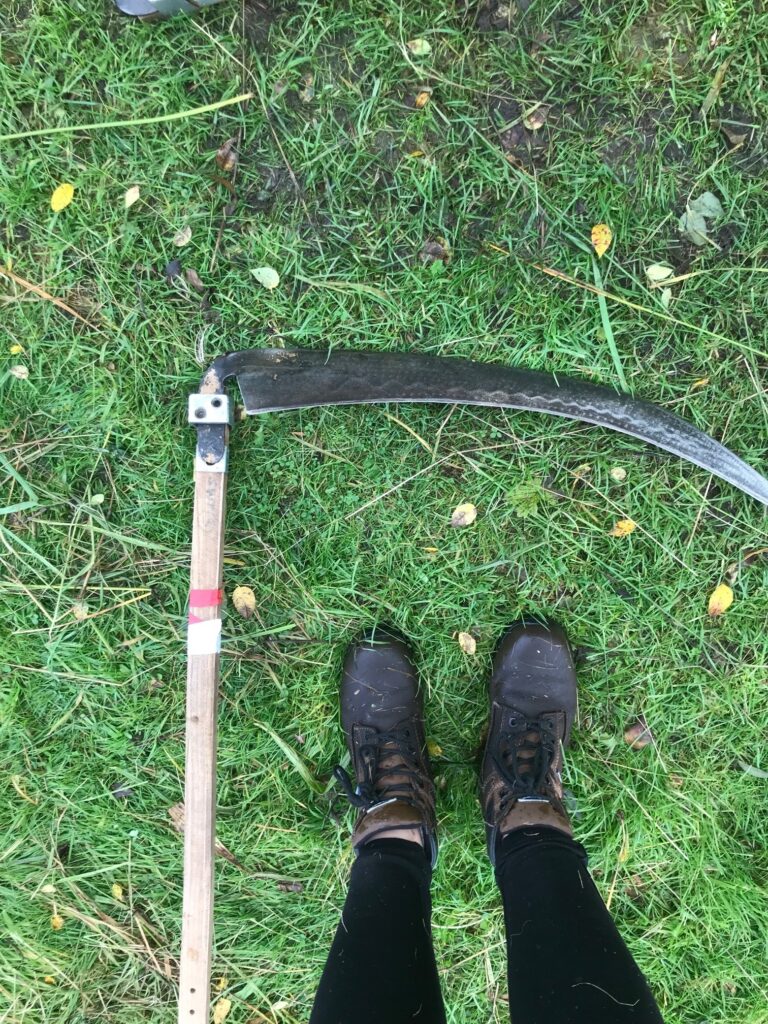
Air travel can be an exciting and efficient way to get from point A to point B, but the world of airlines is full of hidden practices and secrets that passengers often don’t know about. While many travelers expect a smooth and hassle-free experience, the reality behind the scenes is a little more complex. From hidden fees to secret tricks that could make your flying experience better, here are some things airlines don’t want you to know about.
1. Airlines Often Overbook Flights
One of the most frustrating parts of air travel is showing up to your flight only to find out that it’s been overbooked. Airlines tend to overbook flights to ensure that flights are as full as possible since they expect some no-shows. If you’re unlucky enough to get bumped from your flight, you may be entitled to compensation, but the amount can vary depending on the situation.
2. Hidden Fees Add Up Quickly
Airlines have found countless ways to charge passengers for services that were once included in the price of a ticket. From baggage fees and seat selection fees to snacks, water, and Wi-Fi, the list goes on. These hidden fees can often inflate the total cost of your trip significantly. Make sure to check your airline’s baggage policy and additional charges before booking.
3. Not All Airplane Seats Are Created Equal
If you’ve ever wondered why your seat feels smaller or less comfortable than your neighbor’s, it’s because not all airplane seats are the same size. Some seats have extra legroom or more recline options, but these aren’t always advertised. Often, airlines will use different seat configurations depending on the type of aircraft or the class of service. If you want extra space, consider booking a premium seat or looking up the seat map in advance.
4. They Make More Money on Add-ons Than Tickets
Airlines rely heavily on additional services to make money. In fact, many airlines earn more from add-ons like checked baggage fees, seat upgrades, and in-flight purchases than they do from the initial price of the ticket itself. This has led to a reduction in ticket prices while simultaneously increasing the cost of your total flight.
5. Flight Delays Can Be a Strategic Choice
While weather or mechanical problems are often the real causes of flight delays, airlines may also strategically delay flights to increase the chances of making connections or to optimize aircraft scheduling. In some cases, they may delay a flight just enough to avoid compensation payouts or to ensure that a connecting flight is filled with more passengers.
6. They Track Your Every Move
Airlines and booking agencies track your online activity to learn your preferences and predict when you’ll book. This can lead to price hikes if the system detects that you’re repeatedly looking at a flight. To get the best deals, consider using private browsing or clearing your cookies to avoid price increases.
7. Pilots and Crew Are Restricted on Their Hours
Airline pilots and crew members are limited by strict regulations on how many hours they can work in a day and how much rest they need between shifts. This is done for safety reasons, but it also means that flight schedules can change unexpectedly if a crew member doesn’t meet the required rest period.
8. There’s a “Magic” Time to Book Flights
Airlines typically adjust ticket prices based on demand. There’s a sweet spot for booking flights—usually around six to eight weeks before departure—when you’re more likely to get the best deal. However, last-minute tickets can sometimes drop in price as airlines try to fill empty seats closer to the departure date.
9. The “Lowest Fare” May Not Be the Best Deal
When searching for flights, the lowest price isn’t always the best deal. Many low-cost fares come with significant restrictions, such as no refunds, no seat selection, and non-transferable tickets. If you need flexibility, paying a little extra for a more refundable ticket may save you money in the long run.
10. Airlines Aren’t Always Honest About Flight Cancellations
When a flight gets canceled, the airline will typically offer you a refund, but you may not always be aware of your rights. Depending on the situation, you may be entitled to compensation for flight cancellations, especially if the cancellation is within the airline’s control (such as overbooking or crew shortages). Make sure you’re aware of the passenger protection laws in your country.
11. There’s No Guarantee of Cleanliness
Many passengers assume that their seats, trays, and bathrooms are cleaned between flights, but this is often not the case. Airlines may wipe down seats and surfaces quickly but don’t always deep clean between each flight. If you’re concerned about cleanliness, consider bringing sanitizing wipes or disinfectant to clean your area before sitting down.
12. Your Airline Has a ‘Go-To’ Brand for Food and Drinks
Ever wondered why airlines seem to serve the same snacks, meals, and drinks? Airlines often have contracts with specific food and beverage providers, and they’re locked into these deals. This means that the selection of snacks or meals you get on your flight is predetermined by the airline’s contract with a supplier, and they don’t have much flexibility in what they offer.
13. Overhead Bins Aren’t Actually for Your Bag
Overhead bins are designed for overhead storage, not necessarily for large carry-on bags. In fact, many airlines prefer passengers to check large bags at the gate if there’s not enough space in the cabin. Keep in mind that the airline staff can decide to gate-check your bag if the overhead bin fills up before departure, even if you thought it would fit.
14. Flights Aren’t Always Full Even If You Think They Are
Airlines often overestimate how full their flights are, especially during peak travel times. This allows them to keep the flight price high while still having available seats. It’s also a reason why airlines might try to upsell you at the last minute, offering you a “discounted upgrade” to premium seating that’s technically still available.
Conclusion
Flying has changed dramatically in recent years, and while airlines might not advertise all the tricks of the trade, knowing about these hidden truths can help you make more informed choices when you book your next flight. From hidden fees to overbooked flights, there’s a lot going on behind the scenes. Be proactive, research your options, and don’t be afraid to ask about policies that can make your travel experience smoother and more enjoyable.






